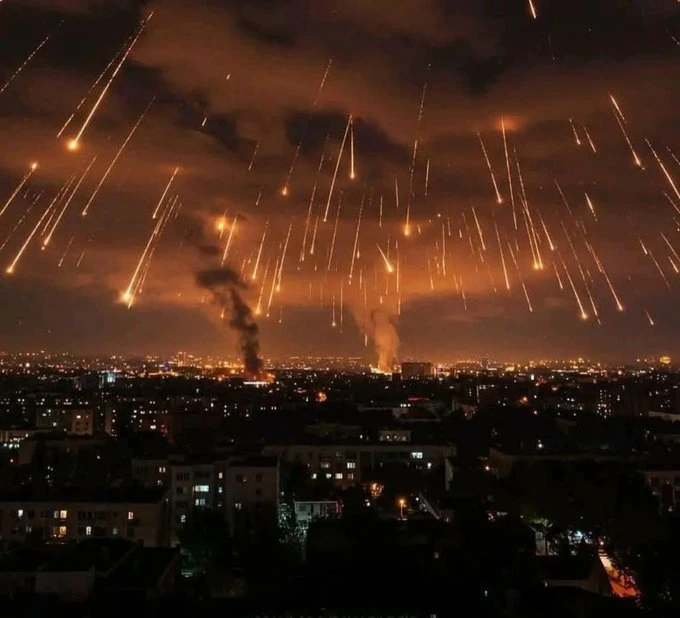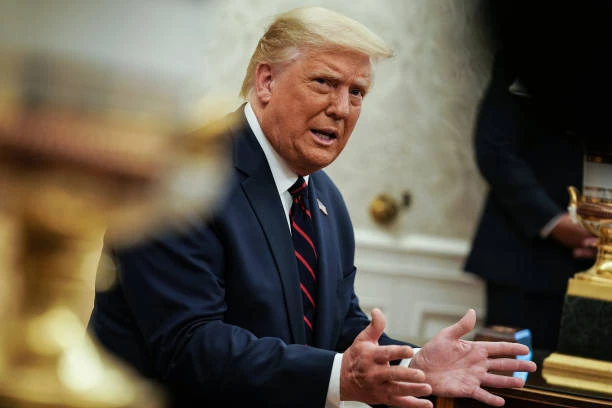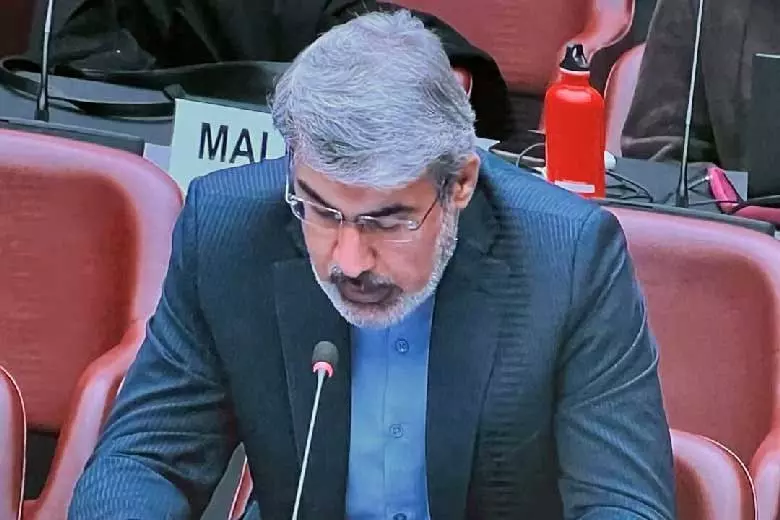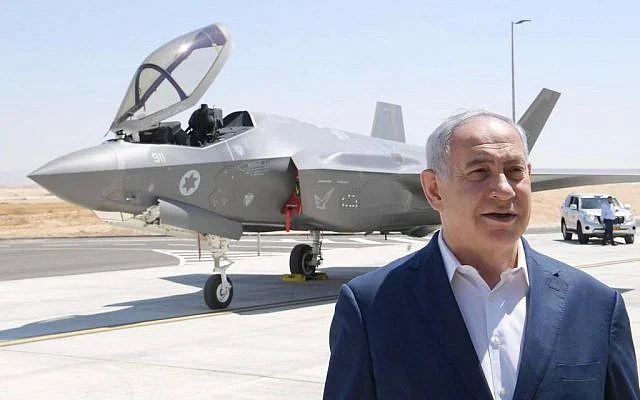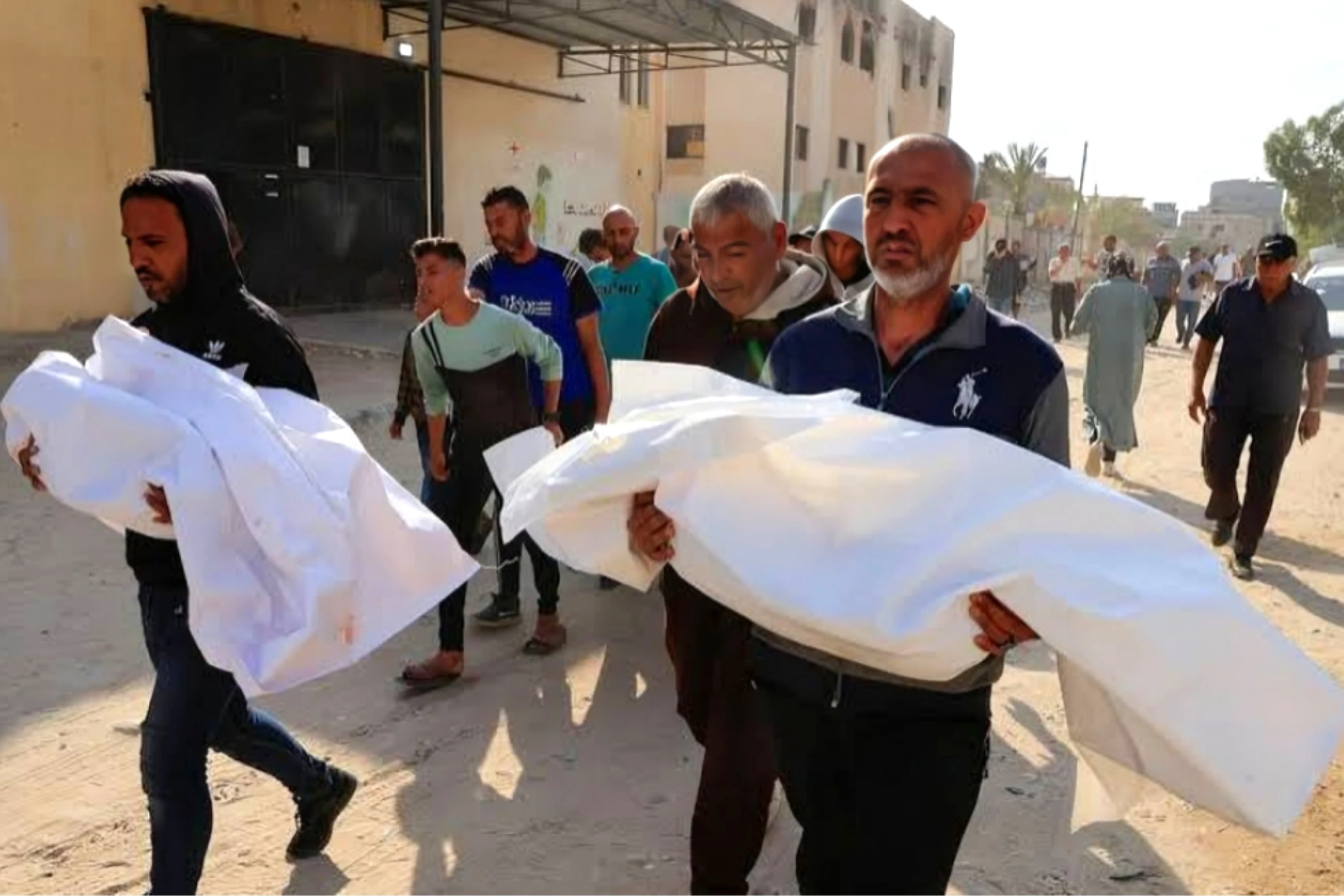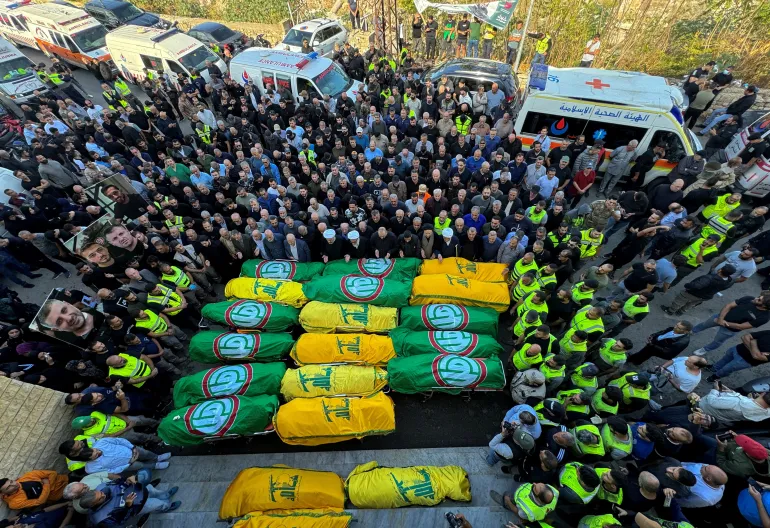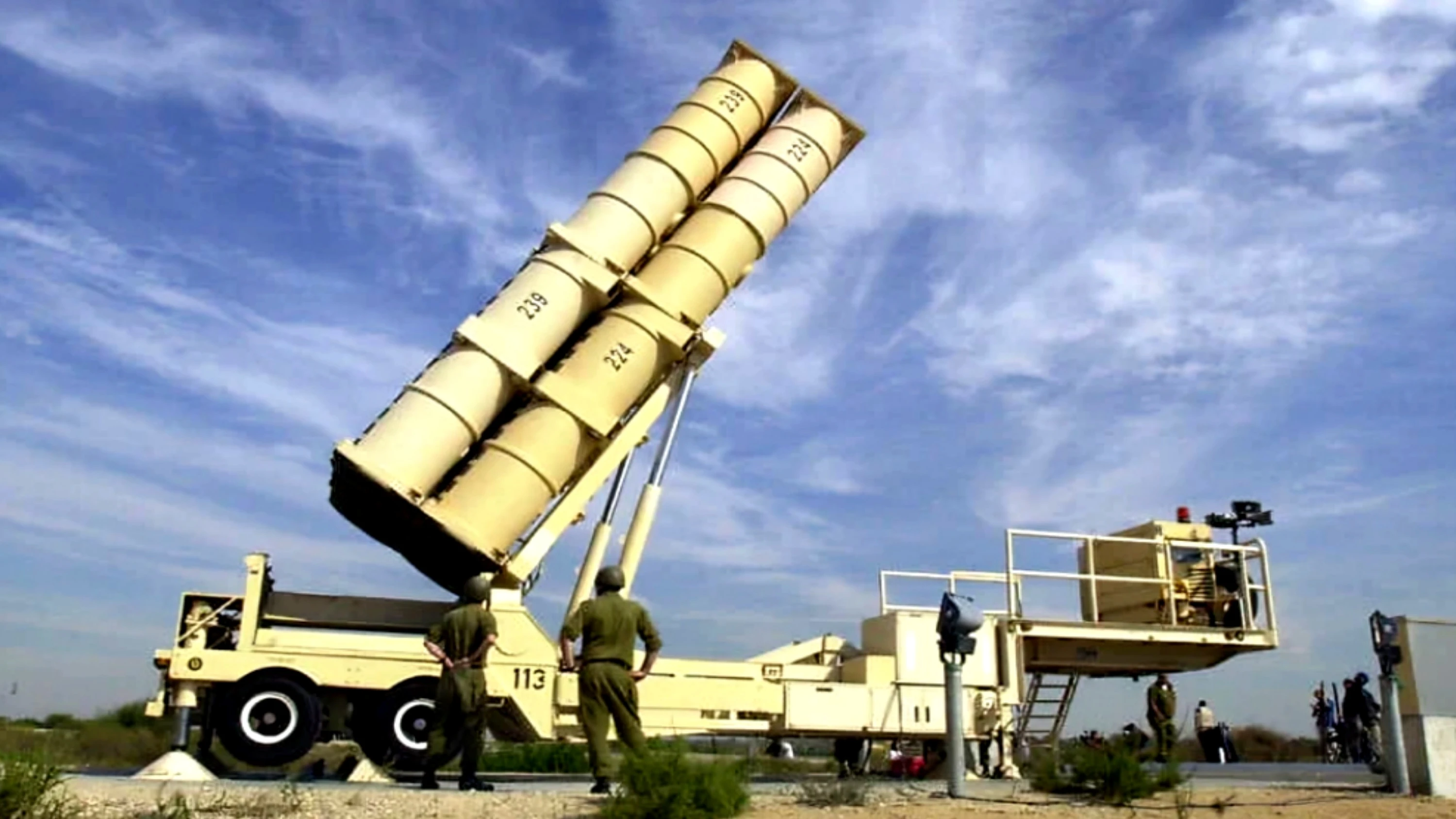Tehran: As the sun rose over the Middle East, a sixth day of violent exchanges unfolded between Israel and Iran, marked by intensified missile strikes, soaring political rhetoric, and growing fears of a broader regional war. Iran’s Supreme Leader Ayatollah Ali Khamenei issued a stark message at dawn, warning Israel with the chilling phrase, “The battle begins,” as Iranian and Israeli forces continued trading fire across borders and skies.
Just hours earlier, US President Donald Trump signaled a dramatic shift in America’s posture, labeling Khamenei an “easy target” and warning that the United States’ “patience is wearing thin.” According to sources familiar with high-level discussions, Trump is now leaning toward direct military strikes on Iranian nuclear sites and has begun losing faith in diplomatic resolutions. The White House held a high-stakes security meeting, and more than 30 US aerial refueling tankers have been rushed to the region, underscoring Washington’s preparations for possible engagement.
On the ground, both countries are facing intensified attacks. In Iran, Israeli airstrikes hit ballistic missile launch sites in Isfahan while air defense systems intercepted projectiles over Tehran, triggering evacuation warnings. Meanwhile, Israel's Iron Dome responded to waves of incoming Fattah missiles from Iran, with explosions rocking Tel Aviv. Over 2,700 Israelis have been displaced from their homes. Iran’s semi-official Mehr News confirmed the use of its “hypersonic” Fattah missile, though experts caution that all ballistic missiles reach similar speeds in flight.
Beyond the battlefield, cyber warfare has erupted. Iran's Cyber Security Command accused Israel of launching a widespread digital offensive targeting Iranian infrastructure. Meanwhile, Israel praised the role of US-supplied missile defense systems such as THAAD, with Ambassador Yechiel Leiter crediting them for saving “hundreds, perhaps thousands of lives.” In a separate statement, Director of National Intelligence Tulsi Gabbard reiterated that Iran is not actively building nuclear weapons, though Trump countered publicly that Iran is “very close.”
The global implications of the conflict are already being felt. Chinese President Xi Jinping expressed deep concern, urging respect for national sovereignty amid the escalating crisis. With China being one of Iran’s most influential partners, Xi’s remarks signal unease over destabilization. Meanwhile, global oil markets have surged, with prices reaching five-month highs as fears mount over potential disruptions in energy supply lines. As the US embassy in Israel closes and orders staff to shelter in place, the world watches with growing anxiety as two nations edge toward all-out war with a volatile mix of missiles, politics, and power.


